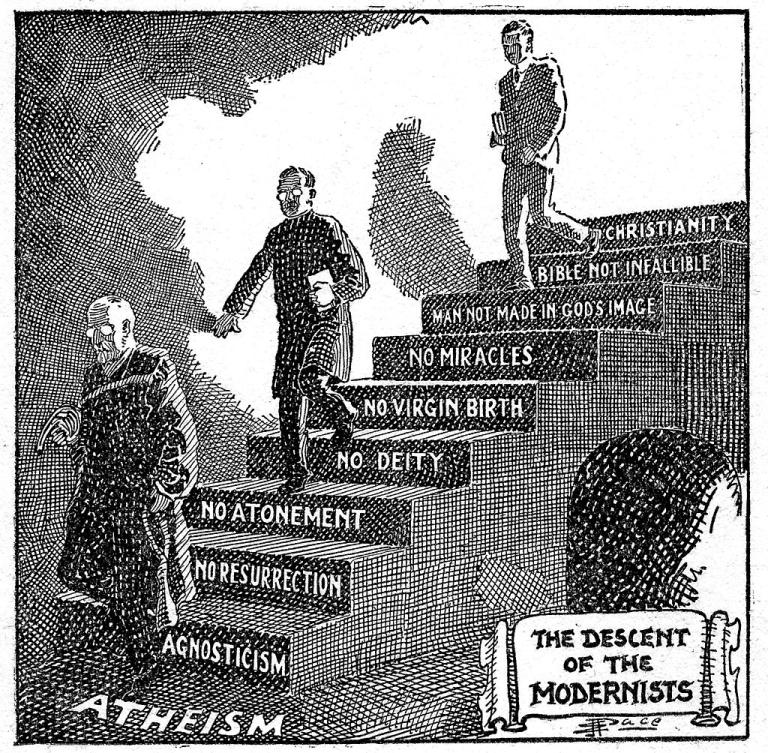Liberal theologians used to argue with conservative theologians about truth claims–the inerrancy of Scripture, the historicity of Christ’s resurrection, and the like. Now the divide is over sexual morality.
So observes Carl R. Trueman in First Things. In his article Why Most Anglican Clergy Now Approve Gay Marriage—And What This Means For The Future Of The Church, he makes an important point that Christians need to recognize:
The old battle lines between conservative and liberal Christians have changed. In the past, it was the affirmation or denial of the supernatural claims of the Bible, supremely that of Jesus’s bodily resurrection, that divided churches. Today, it is questions of morality, specifically sexual morality, that are the points of contention. And these are of more significance for the broader life of the church within society. To affirm the resurrection might have made you look like a benighted fool, but societies generally tolerate benighted fools. To oppose our current Western cultural regime, where sexual identity is key to personal value, is to deny the humanity of fellow citizens. The world sees that as a deeply immoral act, and not one that will likely be tolerated forever. Christians need to understand that. This is not an excuse for abandoning biblical teaching on kind words turning away wrath or on blessing those who curse us. But it is to say that we should expect suffering, not op-eds in the Washington Post, to be our reward.
Indeed, “liberal” theology used to be characterized by a skepticism about the supernatural and the higher critical approach to Scripture–that is, beginning with the assumption that what the Bible records never happened and interpreting it accordingly.
But that was a distinctly “modernist” kind of liberalism, an attempt from “the Age of Reason” to downplay revelation in favor of a “rational”–even scientific or psychological–approach to sorting out the objective truths of religion. But postmodernism is skeptical about all claims to objective truth, including those of the rationalists.
This extends to the truth claims of conservative Christians too, of course, but it has also weakened the higher critical approach to the Scriptures, with its over-confident claims about the “true” origins of the Bible, and the continual debunking of miracles by invoking the “truth” of scientific naturalism.
Instead of being concerned with truth, postmodernism is concerned with power, which it sees as looming behind truth claims–especially when it comes to sex, gender, and identity–and postmodernists aren’t afraid to use power against their critics.
Liberalism in theology is best thought of as the conviction that the church always needs to change its teachings and practices in accord with the dominant culture. In the 20th century, that was usually modernism in its various flavors (existentialism, psychology, Marxism, etc.). In the 21st century, that is usually postmodernism (relativism, feminism, queer theory, post-Marxism, etc.).
And Trueman is surely right when he points out that while the non-believing world used to consider Christianity to be untrue. But now it sees Christianity as immoral.
Christians are not used to that charge. We tend to think of ourselves (contrary to the Bible) as being good. So it is natural for many Christians, including some who are “conservatives” on the truth claims, would want to be “on the right side of the issue” and thus embrace the new theological liberalism.
Illustration by E. J. Pace, Public domain, via Wikimedia Commons













